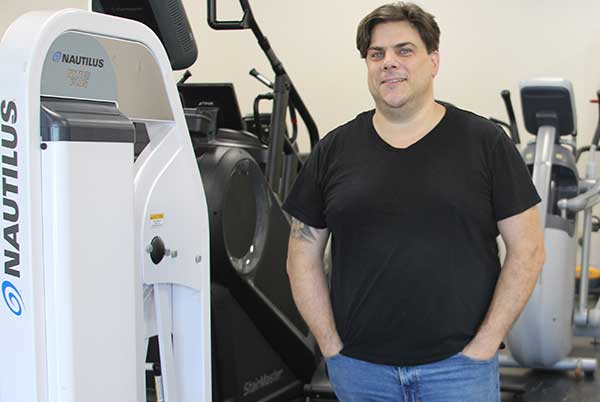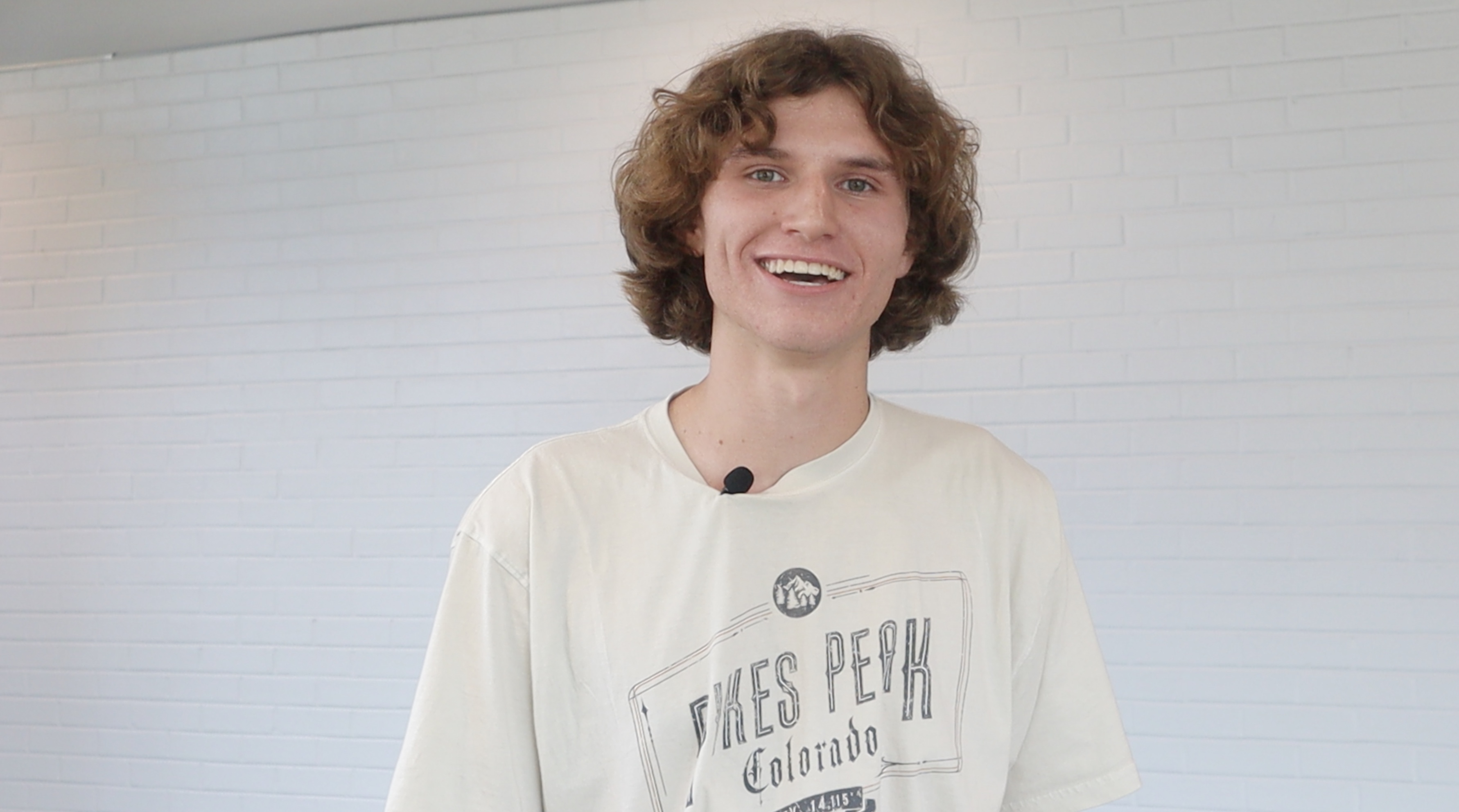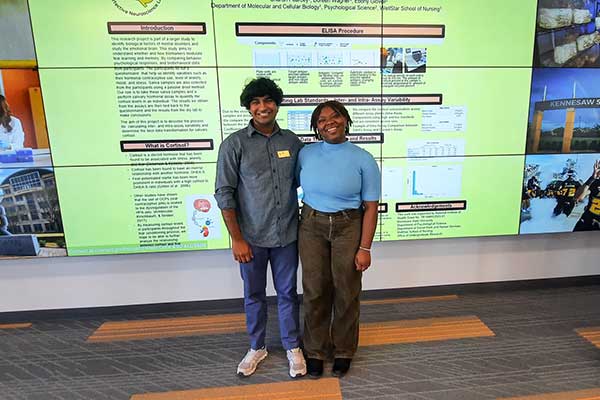
KSU professor, AMES seek to innovate law enforcement well-being with COPS grant
KENNESAW, Ga. | Sep 13, 2024

Collette, who also serves as director of data core in the Center for Advancement of Military and Emergency Services (AMES) Research, plans to use multi-faceted approach designed to improve both individual and organizational health within the Smyrna Police Department.
The project focuses on three core areas: conducting a comprehensive organizational health assessment, rolling out targeted training programs, and performing personalized wellness checks. Through these efforts, Collette aims to address critical issues such as sleep hygiene, which reveal how better sleep practices can profoundly impact officers' lives and work performance.
“One example that we found is that sleep hygiene and sleep issues were having a prominent effect on people’s lives in the department,” Collette said. “So, one of the trainings that was developed was specifically about sleep hygiene.”
Sleep hygiene refers to habits and factors that can be changed to help a person get a better night’s sleep. This can include having a set time you go to bed, avoiding caffeine in the latter half of the day, limiting naps throughout the day, and even creating a pre-sleep ritual to help prepare your body and mind for bed.
The initial health assessment is completed through a survey designed to give Collette and his team a broad understanding of a group or organization. Following the gathering of the first survey, Collette and his team develop the quarterly trainings that will be the most beneficial to the police department.
“Our clinical lead, Bianca Channer, heads a lot of the intervention development and the initiation of these interventions,” Collette said.
These trainings will be offered quarterly, and the idea is that Collette and his team will then perform wellness checks for each person working in the department to see how they are adjusting.
This data is then anonymously given to the leadership, who can make adjustments as necessary.
“I really love being a part of influential work, and I enjoy sitting down with the data sets after we have gone through this long data collection effort,” Collette said. “At that point, we really get to see the fruits of our labor and see if our ideas are supported by the data.”
Collette and his team are going into the second year of this project and will look for trends caused by their implementation of their ideas.
Collette and his team are working with two undergraduate students this semester, which according to Collette, is a perfect opportunity for these students to test their own ideas while under the mentorship and supervision of experienced researchers.
— Story by Alyssa Ozment
















